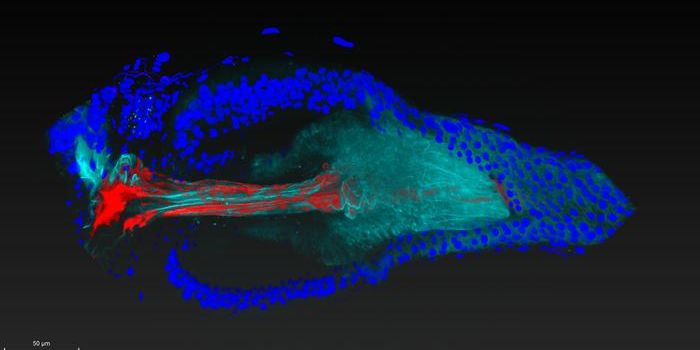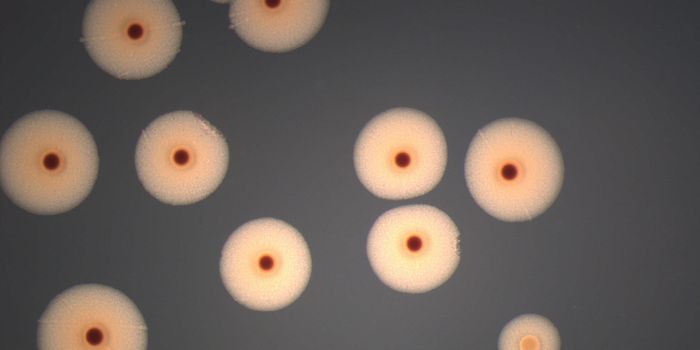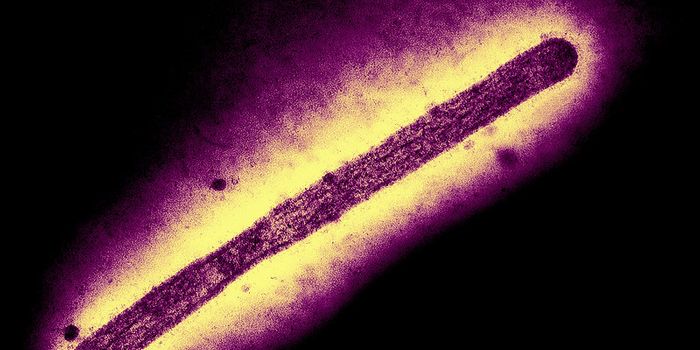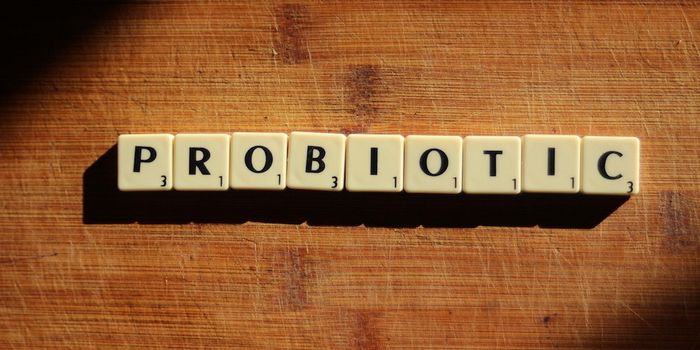Repeated COVID Vaccinations Generate a Range of Neutralizing Antibodies
Although the 'emergency' phase of the COVID-19 pandemic may be over, it is still ongoing, and thousands of people still die from the disease every week. The virus also continues to mutate, and new variants are being identified all the time. (The FLIRT group of variants is one of the latest to appear on the scene.) All of these variants have led to modifications in the COVID-19 vaccine, and some have suspected that new COVID-19 vaccines may have to be developed with some regularity to efficiently fight the virus, similar to the situation with annual variations in flu vaccines. There is concern that repeated vaccinations may lead to immune imprinting.
However, a new study has shown that vaccines to COVID-19 do not appear to icause imprinting in the immune system. In immune imprinting, whicih can be caused by some vaccines such as the influenza vaccine, the immune system seems to prefer to generate antibodies to earlier versions of the virus, instead of producing many new antibodies to newer viral variants. But this does not seem to happen with SARS-CoV-2 vaccines, which prevent COVID-19. Instead, new versions of the COVID-19 vaccine seem to have promoted the development of antibodies that can inhibit many versions of the virus. The findings have been reported in Nature.
In this study, the researchers analyzed antibodies in people or mice who received the COVID-19 vaccine aimed at the original version of the virus, then boosters and updated vaccines that were targeting emerging variants. Some of the study volunteers had also been naturally infected with SARS-CoV-2.
The antibodies in these individuals worked against a wide variety of SARS-CoV-2 variants as well as some coronaviruses that are distantly related to SARS-CoV-2, such as SARS-1.
The study authors suggested that repeat COVID-19 vaccinations could help people build a repository of antibodies that can neutralize many SARS-CoV-2 variants, including ones that are newly emerging or have not yet emerged.
"The first vaccine an individual receives induces a strong primary immune response that shapes responses to subsequent infection and vaccination, an effect known as imprinting," explained senior study author Michael S. Diamond, MD, PhD, a Professor of Medicine at WUSTL. "In principle, imprinting can be positive, negative or neutral. In this case, we see strong imprinting that is positive, because it's coupled to the development of cross-reactive neutralizing antibodies with remarkable breadth of activity."
This work has indicated that regular boosters of the COVID-19 vaccine could be hugely beneficial not only in the fight against SARS-CoV-2, but also against other viral diseases.
"We do not know for certain whether getting an updated COVID-19 vaccine every year would protect people against emerging coronaviruses, but it's plausible," said Diamond. "These data suggest that if these cross-reactive antibodies do not rapidly wane—we would need to follow their levels over time to know for certain—they may confer some or even substantial protection against a pandemic caused by a related coronavirus."
Sources: Washington University School of Medicine in St Louis (WUSTL), Nature









